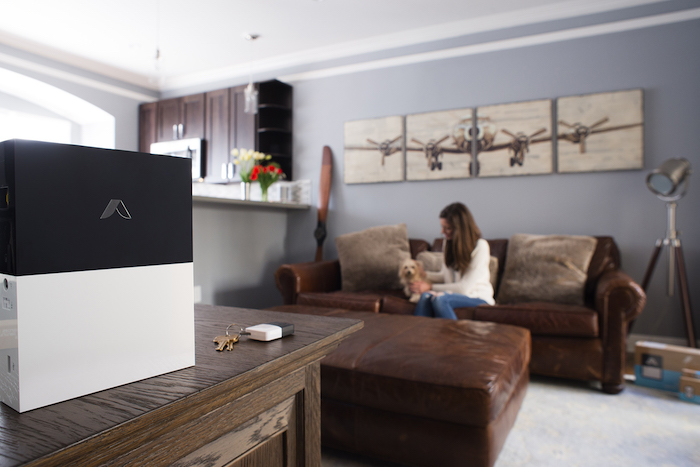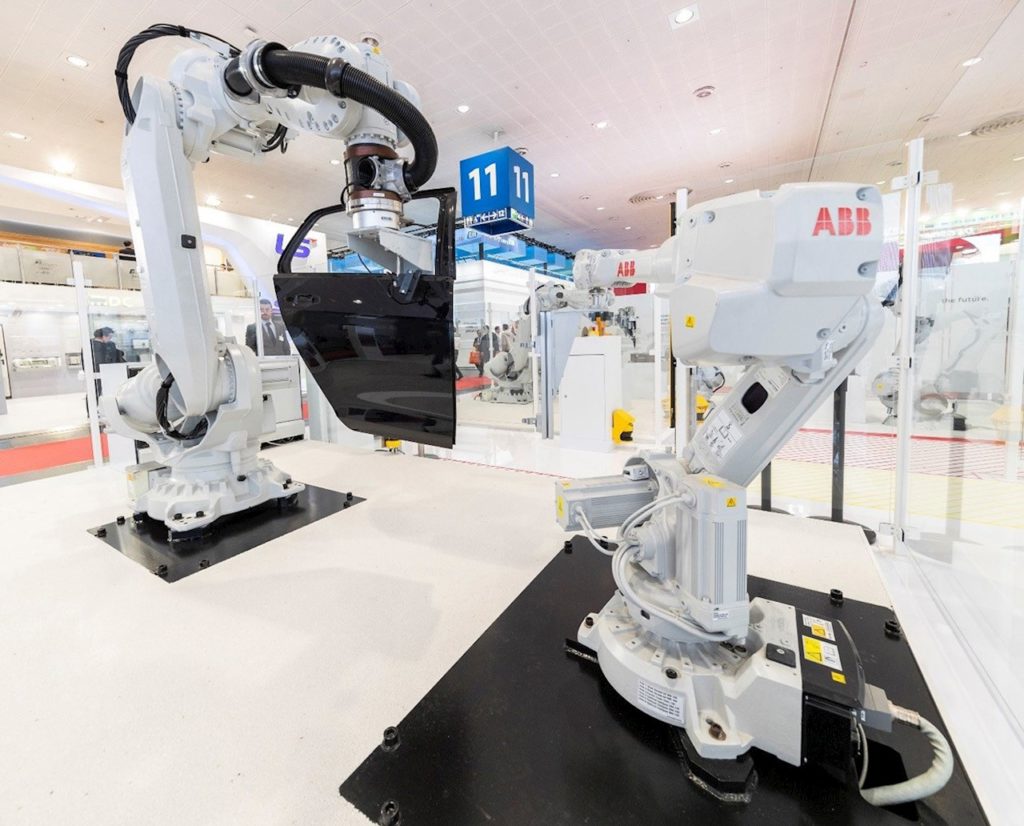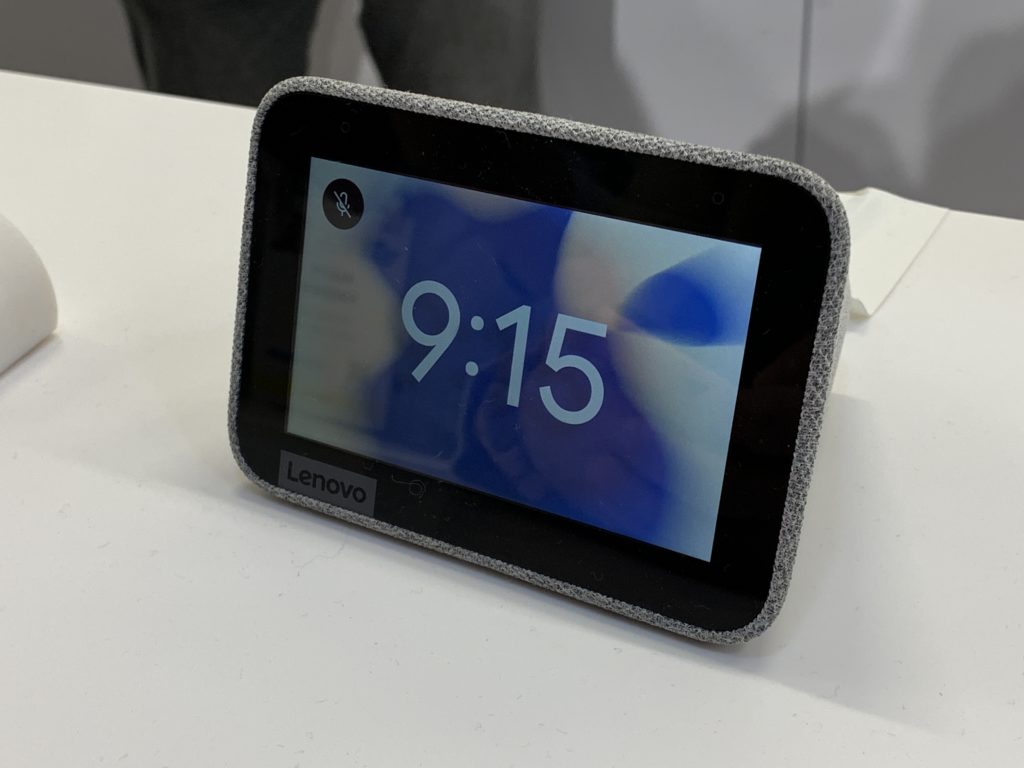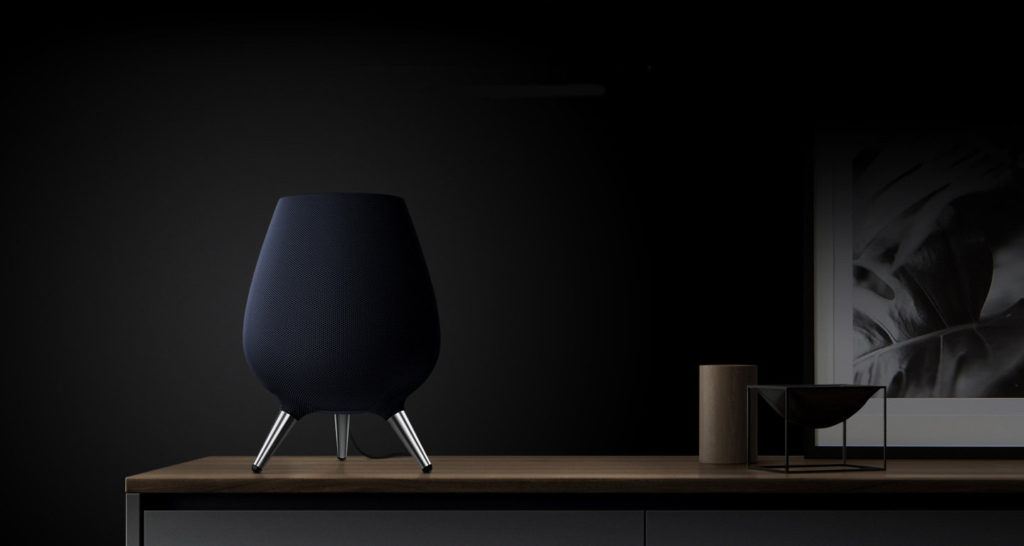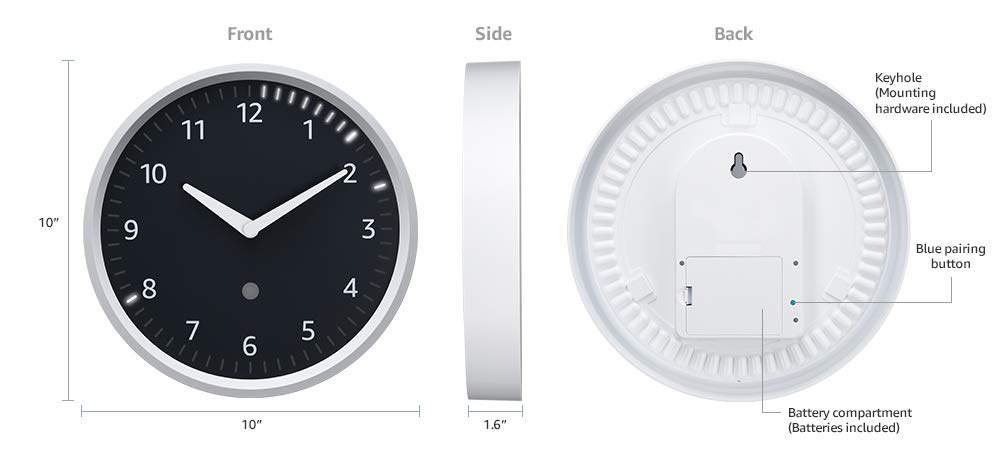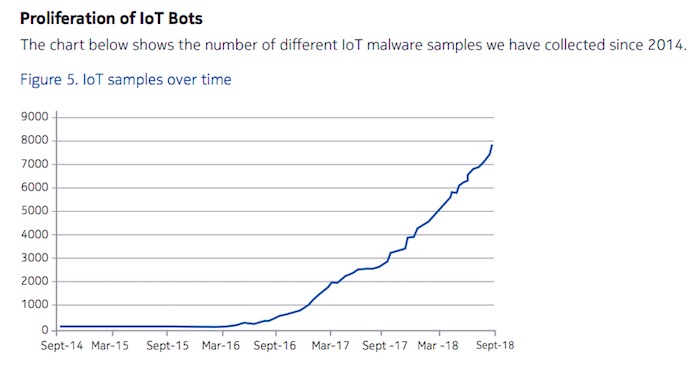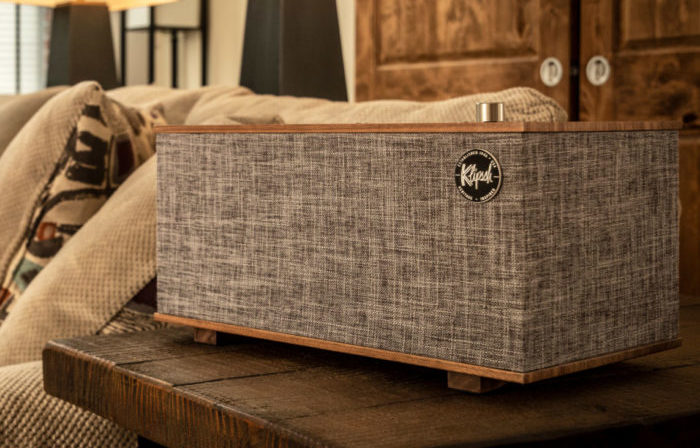The Bluetooth Special Interest Group has released new standards that improve location tracking, so we talk about Kevin’s hopes for that and save the bigger details for our guest segment. We’ve got two new smart lighting products. The first is from Casper —yes the mattress company — and the second is from a startup called Orro. From there we focus on a creepy new lamp, tech giants getting into the utility business and a new energy harvesting method. Plus, Japan is hacking its citizens’ devices, Amazon offers hosting, and here’s a tip sheet on what to look for in smart apartments from an infosec writer whose apartment is about to be made smart. We also answer a question about which Z-wave hub he should buy.
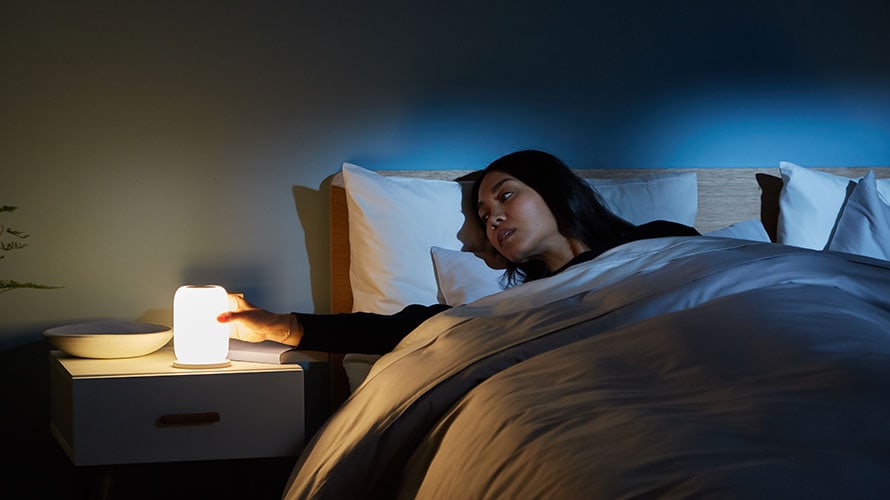
This week’s guest is Ken Kolderup, VP of marketing for the Bluetooth SIG. Kolderup explains what the SIG’s new location services technology is all about and when we can expect it in industrial, enterprise and consumer applications. Unsurprisingly, Bluetooth is prepping for a role in industrial and enterprise settings with this move. He also explains why Beacons are not the failure I think they are. Enjoy the show.
Hosts: Stacey Higginbotham and Kevin Tofel
Guest: Ken Kolderup, VP of marketing for the Bluetooth SIG
Sponsors: FairCom and Western Digital
- Two very different lights, both smarter than you think
- Why home automation’s next frontier is in energy
- An update from last week’s show on unwanted smart apartments
- Get the scoop on Bluetooth’s new direction-finding feature
- Maybe beacons aren’t as doomed as I thought
Podcast: Play in new window | Download | Embed
Subscribe: RSS

